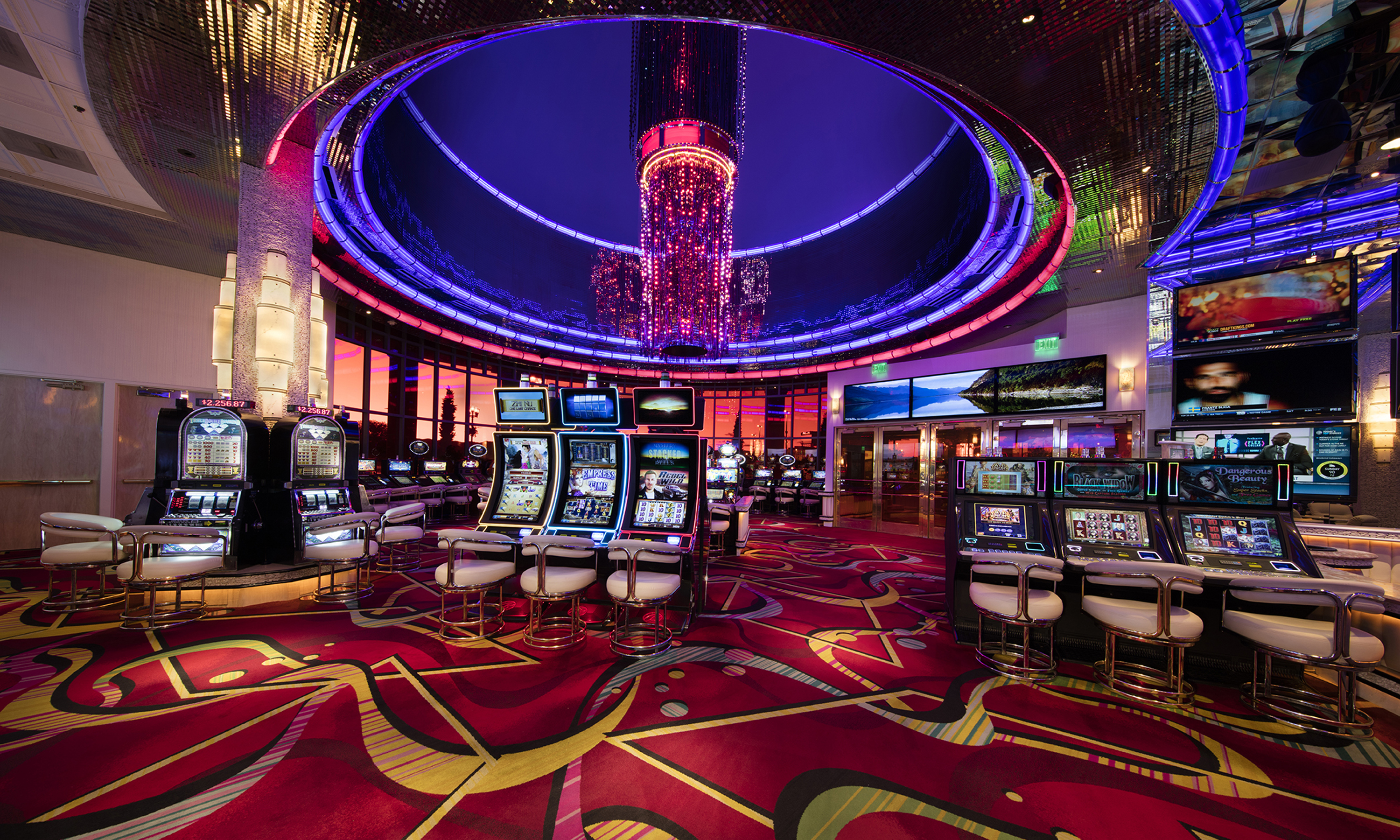
Casino games have long been an integral part of human culture, providing not just entertainment but a intriguing reflection of our dreams, dreams, and anxieties. bukti4d login From the rotating wheels of a slot machine to the strategic gameplay of poker, these games encapsulate a range of human feelings and events. At their core, casino games are more than a chance to make profits; they are a microcosm of life itself, where risk and reward intertwine and fate can change in an moment.
As players gather around tables or sit in front of brightly lit machines, they engage in a ceremony that transcends mere playing. These games echo our natural desires for connection, adventure, and the quest for chance. They also disclose deeper truths about human nature, such as our relationship with fate and the adrenaline of risk. In exploring casino games, we discover not only the mechanics of play but also the rich tapestry of the human journey, showcasing our interconnected narratives of aspiration and reality.
The Mind Behind Gambling
Gambling is intrinsically connected in the psyche of individuals, appealing to various feelings and wants. The excitement of risk-taking is a core aspect that draws players in, whether the thrill of spinning a roulette wheel or the anticipation of drawing a winning hand in a poker game. This rush of adrenaline is often compared to other forms of excitement, as the uncertainty of outcomes elicits a unique psychological response. Players often find themselves captivated by the possibility of striking it rich, leading to an irresistible draw toward casino games.
Additionally, a crucial component of the psychology behind gambling is the concept of optimism and aspiration. Participants often indulge in dreams of financial freedom and the luxurious lifestyle that can follow winning. This hope fuels their continued participation in casino games, as it provides a sense of meaning and the conviction that a life-changing win could be just one bet away. The story of beating the odds and finding success resonates with many, reinforcing their dedication to play and involve themselves with these games.
Finally, social dynamics play a significant role in gambling psychology. Casino environments are designed to foster social interaction, where gamblers gather to share the experience of wins and losses. This communal aspect not only amplifies enjoyment but also affects behavior, as individuals often mimic the actions of others around them. The collective approval found in mutual thrill can magnify the emotional experience, making casino games a mirror of not just personal desires but also collective engagement within the gambling community.
## The Dual Nature of Risk and Reward
Gambling activities embody the fragile balance between risk and reward that resonates profoundly with the human experience. The thrill of placing a bet is often accompanied by a rush of adrenaline, as gamblers are confronted with the prospect of a huge payout, yet conscious of the possibility to suffer losses. This dual experience reflects a essential aspect of life: the decisions we face often come with inherent risks, and the pursuit of reward can push us to make risky moves we might not normally consider. In this way, casino games reflect real-world choices, enticing players to risk not just their capital, but also their dreams.
The allure of big prizes and winnings fuels a sense of optimism, inspiring gamblers to dream of a more promising future that could arise from a single victorious spin of the wheel or turn of a card. This optimism can compel individuals to engage in riskier behaviors, urging them to take greater risks in search of economic benefit. However, just as in life, the outcomes of these decisions can lead to both victory and failure. The stories of both big winners and those who have faced losses everything at the casino demonstrate the random nature of chance and its consequential repercussions on our existence.
Ultimately, the experience of engaging with casino games serves as a strong reminder of the nature of humanity. Every game played is loaded with the tension of risk, as gamblers weigh the gains against the risks. This interaction not only highlights the thrill that comes with betting but also unveils the vulnerabilities that come with the desire for more. As we journey through the complexities of decision-making and results in both the gambling world and in life, we find that the search for benefit shapes our sense of self and experiences in deep ways.
Culture and Loneliness in Gambling Culture
Casino culture is a special blend of social interaction and personal endeavor, reflecting the contrasts of human experience. Gamblers often gather around games, sharing in the excitement of the game, celebrating wins, and sympathizing over losses. This communal aspect is vital, as it creates a sense of belonging and bonding among varied groups of individuals. Regular attendees to gaming establishments may build friendships and establish routines, turning the gambling venue into a alternative home where they experience linked to a larger community of gamblers.
However, the appeal of gambling games can also lead to isolation. As individuals become immersed in the excitement of gambling, they may withdraw from personal relationships or fail to engage with the world outside the gaming space. For some, the search of a jackpot can distract from genuine relationships, leading to loneliness. The experience of being among people yet feeling solitary is not rare, as the focus shifts from collective fun to the individual stakes of each player’s journey.
This interplay of community and solitude creates a vivid mosaic that defines gaming culture. It showcases the intricacy of social interactions, where joy and despair coexist. Casinos serve as both a refuge for social engagement and a platform for individual struggles, demonstrating how intimately connected our yearning for companionship and the individual quest for fortune can be. In navigating this environment, gamblers confront their own stories—seeking both the rush of the wager and the fellowship of fellow players, eventually reflecting the broader spectrum of individual experience.